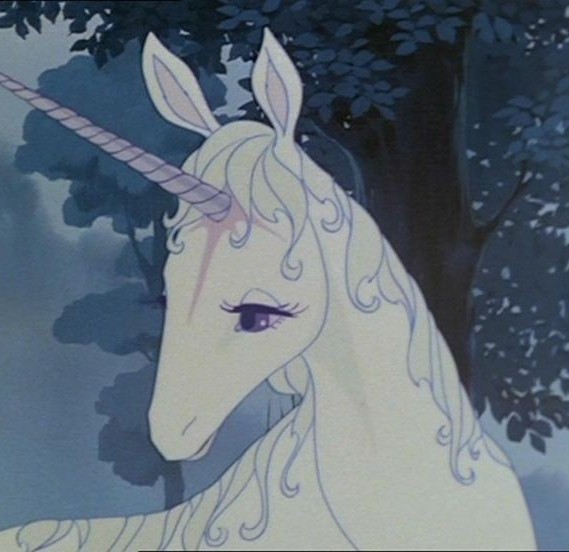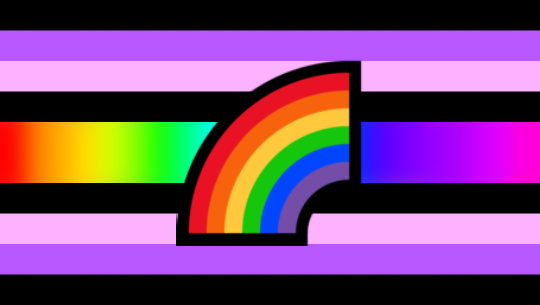I’m using past tense since I have not looked into Christine for a while. I take pride in avoiding information which I might do for difficult subjects in general but particularly here since her fetishizers and harassers have a thing for infodumping her life onto people.
It’s just so upsetting to see a fellow autist be subjected to vile ableist bullying and harassment, dehumanization, and moralization. Even in more tame aspects of her harassment it makes me so sad that many people know about her but many won’t bother to be compassionate or patient toward someone they don’t understand, instead jumping on freak show bandwagon, if not as active participant, as judgmental observer.
To clarify I’m okay with people having “problematic interests” but I’m talking about a systemic problem. CWC being broadly interesting is a byproduct of a culture of ableist gawking. As an autist who values accepting autists and their traits, even the less palatable treats, and who has seen a few autists (understated for humor), CWC is not a novelty. She’s a victim.
While this isn’t exclusively a radqueer take I think it’s heavily aligned with radqueer.


Contrapoints talks about CWC in her video on cringe which is overall great video
Content warning edit: rewatching this video and it contains pedo contempt, ableism, as well as other things I’m not aligned with. Well constructed with good points and introspection but needs criticizing. Proceed at your own risk
I also find Contrapoints’ conclusion at the end of the video to be limited and misleading. Her framing of self-love betrays a lack of understanding of what the experience is like. Self love is not merely claiming to have qualities valued by others (society), such as, “I’m a genius. I’m a supermodel.” In my experience it is seeing the qualities in yourself that you enjoy and trusting that enjoyment, seeing the qualities in yourself you feel are difficult and responding with patience and compassionate curiosity.
This can result in seeming more confident to others, and even using more uplifting language to describe yourself to others (can be interpreted as “cringe” bragging by people who envy having the “audacity” and/or don’t understand where the confidence comes from and respond with distrust). For example after experiencing more self-love, I’m more likely acknowledge my insightfulness others. I am afraid of being seen as overconfident and being proven “wrong” but due to my experience with self-love this fear is less than it has been in the past. I have some security that even if there are times others don’t see me as I see myself, my love for myself remains important and the compassion in myself will try to help me through difficulty.
Also self-love I think is particularly important to autistic folks because we are all so different neurobiologically speaking and are pressured into distrusting ourselves. Which is not to say we should be expected to be independent and not care how others think. External validation is also important as it can teach methods of self love and inspire confidence.